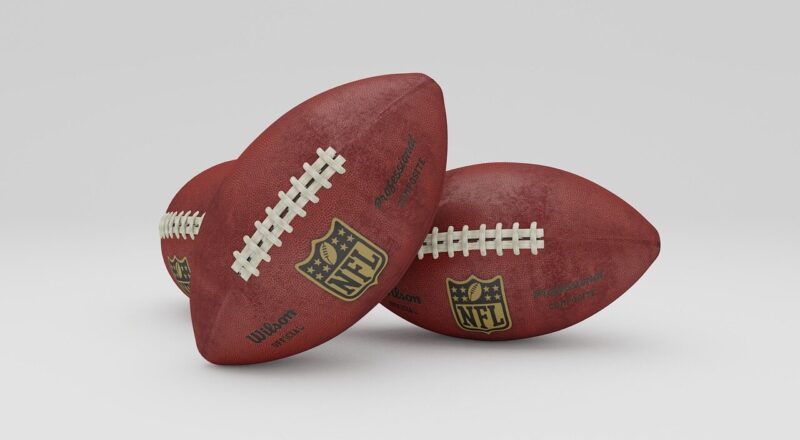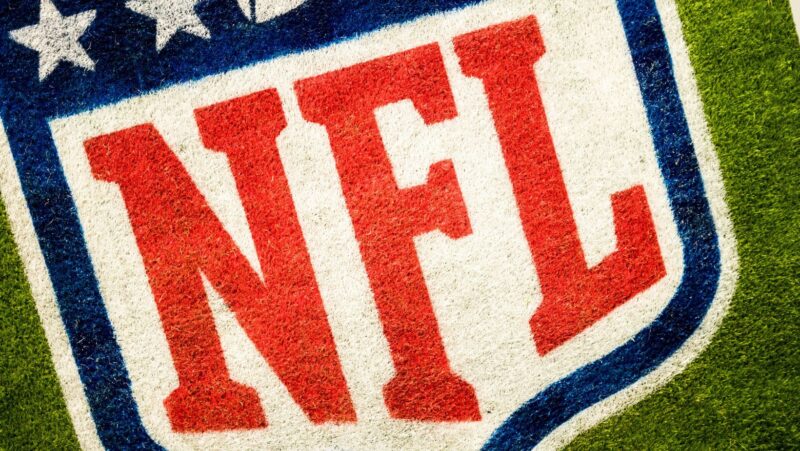
Betting on the over/under in NFL games has become increasingly popular among fans and gamblers alike. This type of bet isn’t about who wins or loses but whether the total points scored by both teams exceed or fall short of a predetermined number. To improve your chances of success, it’s essential to understand the key factors that influence these bets.
Understanding Team Offensive and Defensive Performance
The offensive and defensive capabilities of the NFL teams involved are critical to predicting game totals. A high-powered offense with a strong quarterback and versatile playmakers often leads to higher-scoring games. On the flip side, a dominant defense can significantly limit scoring opportunities for both teams.
When evaluating offenses, consider a team’s ability to convert third downs, red-zone efficiency, and average yards per play. A team that consistently sustains drives is more likely to put points on the board. For defenses, focus on how well they prevent explosive plays, limit red-zone scores, and force turnovers. A defensive unit that excels in these areas can suppress scoring and tilt games toward the under.
Weather Conditions and Their Impact on Scoring
Weather is a factor that bettors often overlook, yet it can drastically alter game outcomes. Rain, snow, and strong winds tend to disrupt offensive timing, especially in passing-heavy teams. Quarterbacks may struggle with accuracy, receivers might drop passes, and kickers face greater challenges.

The wind is particularly influential, as it affects both passing and kicking games. A gusty day can reduce deep-ball completions and make field goals less reliable. Conversely, ideal weather conditions, like mild temperatures and low wind speeds, allow offenses to execute their game plans more effectively, potentially leading to higher-scoring contests.
Coaching Strategies and Game Tempo
The influence of coaching strategies and game tempo cannot be overstated when evaluating potential scoring in an NFL game. Coaches with aggressive play-calling tendencies often lean into fast-paced, high-scoring strategies while others prefer a more deliberate approach, emphasizing time management and defense to control the game flow.
When setting the Vegas over under NFL lines, oddsmakers frequently factor in these coaching tendencies. For example, a team led by a coach known for favoring up-tempo offenses might influence a higher total, as the expectation is for more scoring opportunities. On the other hand, a coach focused on grinding out the clock with a run-heavy attack often correlates with a lower total. Understanding how coaching philosophies impact the expected pace of play can offer a clearer picture of whether a game is more likely to hit the over or under.
Head-to-Head Matchups and Recent Trends
The specific matchup between the two teams often provides valuable insight into potential scoring. Some teams match up poorly against specific opponents due to scheme differences or personnel weaknesses. For example, a defense that struggles against the run may be exploited by a team with a dominant ground game, leading to higher scores.

Additionally, recent trends such as team form, streaks, or tendencies in specific conditions can provide context for the expected total. A team on a hot streak offensively or one that has consistently exceeded totals may offer clues about the likely direction of the game.
Player Injuries and Roster Changes
Injuries to key players, particularly quarterbacks, can have a significant effect on scoring. A backup quarterback stepping in for an injured starter often signals a drop in offensive output. Similarly, injuries to star running backs or wide receivers can disrupt a team’s ability to sustain drives.
Defensive injuries are equally important. A banged-up secondary may struggle to contain opposing passing attacks, while missing key pass rushers can lead to reduced pressure on the quarterback. Monitor injury reports closely, as last-minute roster changes can shift the balance of a game.
Conclusion
Betting on the over/under in NFL games requires more than just a surface-level understanding of team performance. Factors like offensive and defensive strengths, weather conditions, coaching strategies, player injuries, head-to-head matchups, and venue dynamics all play critical roles in shaping game outcomes.












